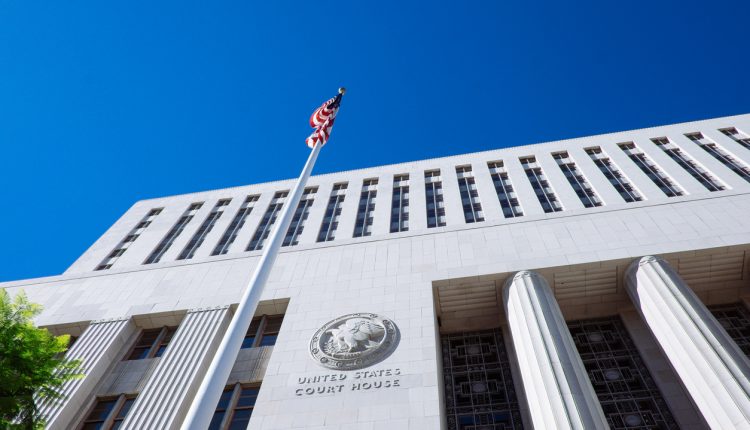How Covid-19 Has Altered the Court System
State courts across California have implemented a variety of measures to prevent the spread of the coronavirus.
“Jurists and lawyers have struggled and continue to struggle to balance the health and safety needs of their local communities with the civil and constitutional rights and liberties of individuals and groups”, stated Chief Justice of California Tani Cantil-Sakauye[1] at an emergency meeting of the Judicial Council earlier this month.
“…As part of our ongoing collective efforts to flatten the curve, stem the spread of the virus and assume the responsibility delegated to us by Governor Newsom … we seek to address the issues of the faces behind the cases and those that support them seeking relief, resolving disputes or having their voice heard by the court”, Cantil-Sakauye said.
Rules have allowed courts to conduct proceedings through video feed or other remote technology—with the consent of defendants, but measures have seen in-person oral arguments being suspended, as well as the suspension of jury trials in all superior courts for 60 days. John Klopfenstein summaries below the impact it has had on criminal law attorneys and concerns he has for his clients.
The Covid-19 virus has turned the California justice system upside down. A criminal defendant who is in custody has a right to be arraigned within 48 hours of arrest. Further, he or she is entitled to a preliminary hearing within 10 court days of the arraignment to know if he or she is going to bound over for a court of jury trial and has the right to have the trial 60 days from the date of being re-arraigned after the preliminary hearing. This is called a “no time waiver” scenario.
However, with the courts being currently closed because of the Governor of the State of California issuing a “Shelter In” order, imposing social distancing measurements, the Chief Justice of the California Supreme Court has, therefore, now ordered all jury trials, both criminal and civil, to be continued to a minimum of 60 days; this means our clients are being denied due process in violation of both the US Constitution and the State of California constitution.
What that means is your client is going to spend more time in jail when it is not necessary. Given this fact, there has been some talk about releasing nonviolent felons because of the strain on the judicial system and with them being out of custody, the hope is they would then waive time and not be subject to a “no time” scenario.
The California Attorneys for Criminal Justice is urging criminal defence attorneys to fight this order by objecting to the continuance and preserving it for appeal. Obviously, the health and welfare of court employees and the public are important, but in my opinion, they do not outweigh a criminal defendant’s right to fight his or her case within the constitutional rights guaranteed by our 4th, 5t h and 6th amendments of the US Constitution.
John F. Klopfenstein
Attorney at Law
9 W Gabilan Street, Suite 6
Salinas, CA. 93901
Telephone: (831) 751-3947
Fax: (831) 751-3982
John F. Klopfenstein and his firm: Law Firm of John F. Klopfenstein is located in Salinas, California, serving Monterey County, Santa Cruz County, San Benito County and Santa Clara County. John has been practising criminal law for over 27 years and has handled over 10,000 combined misdemeanours and felony cases. He has tried eight homicide cases and has tried well over 100 felony jury trials. John received his law degree from San Diego’s Thomas Jefferson School of Law and has been practising in California since 1993.
[1] https://www.law.com/therecorder/2020/04/03/how-covid-19-is-impacting-california-courts-roundup-of-services/




